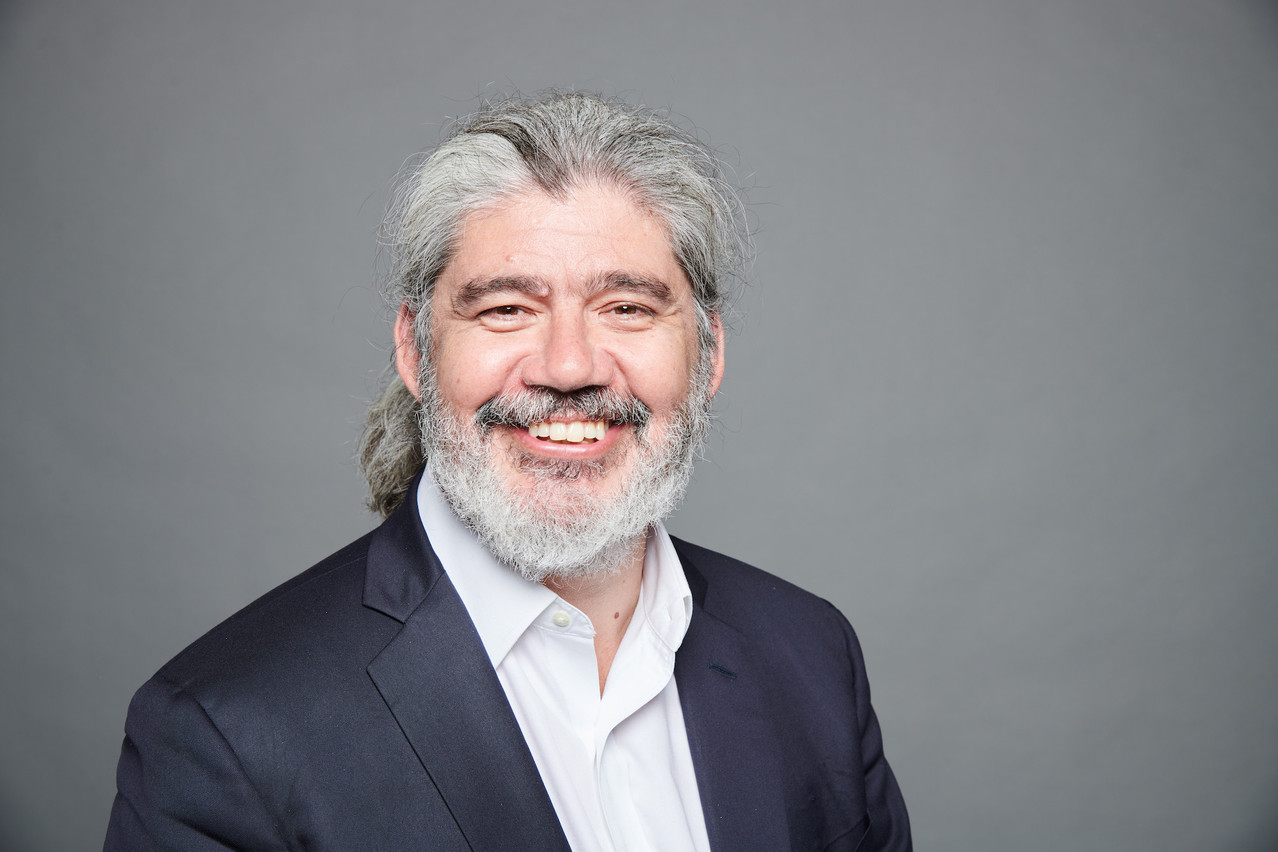“I live in the future!” It is in the present tense, however, that Rodrigo Sepúlveda Schulz, one of the four founders of Expon Capital, talks about the most comforting of the Luxembourg investment company's statistics: since the beginning of the year, some of the 26 companies in its portfolio have raised $1 billion. “$1.1 billion,” he corrects from his hacienda in the Yucatán, almost the easternmost region of Mexico, where he works more than he enjoys his summer holiday.
Since Israeli data centre efficiency firm Pliops raised another $65m ($115m in total) on 24 February, WeFarm raised $11m in March, Glovo $528m, Dott $85m and Ocus $24m in April, Refurbed $54m in August and Spire's $265m listing on the NYSE was preceded by a final round to boost the valuation to $70m.
"It's great!" he explains. Because since the first quarter of 2016, Expon Capital's fund (€60 million) has been regulated, the "four musketeers", as the LPEA has christened them, have remained on a fairly aggressive strategy. The only start-ups that find credence in their eyes must have a turnover of more than $1 million, aim to reach $100 million within five years and, above all, have an impact measured against the 17 United Nations Millennium Goals and their 165 to 167 sub-criteria, which are much more explicit and concrete. Their playground should be in Europe, even if Expon does not rule out the possibility of finding nuggets in other waters.
Nearly 10,000 opportunities in five years
"They must be in the software sector. If you look at the market capitalisation, it was $2.7 trillion 20 years ago, there were only two or three of these companies. Today, not only do these capitalisations add up to $12 trillion, but nine out of ten are technology companies," says the founder of Expon Capital with Alain Rodermann, Jérôme Wittamer and Marc Gendebien. "Tech has eaten up everything!"
In five years, the VC has examined 9,696 of what it calls "investment opportunities" and has retained only 26, 15 for the fund and 11 for the Digital Tech Fund. This is because, from the outset, Expon was given the management of the €twenty million of the DTF, which was designed to boost the Luxembourg ecosystem. The rules of the quartet do not require a minimum stake of 10 or 15% or even a team member on the board.
"We shouldn't make it about ego. When we engage with a start-up, we make sure we always have privileged access to information. We are not there to run the company. We have regular, informal meetings with the management and during the due diligence we looked at whether there was a succession plan for the CEO in case of concern, whether the product is in line with regulations, whether there are under-exploited growth opportunities, etc."
In each round, Expon checks the multiplier according to an almost mathematical rule. More risk means a higher investment multiplier. And as soon as the result of this calculation does not allow the hoped-for multiplier to be reached, the VCs stop investing, even if it means being diluted. In other words, you earn a lot when you take a lot of risk, and you even earn when you take fewer risk, but you earn less. And there is no question of falling in love with a start-up: with each new round, another partner does the due diligence and becomes the leader of the investment in question.
At the halfway point, the fund's statistics pave the way for a successor. But Mr Sepúlveda Schulz does not want to say any more: self-promotion is not viewed favourably by the regulator. Nor is there any question - of "selling the bear's skin until it is killed" – speaking of the new opportunities in the booming health sector, in which Expon should invest.
This article was originally published in French on . It has been translated and edited for Delano.
